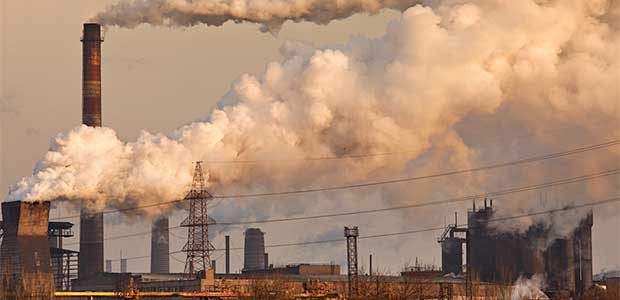
Changing Appeals Process Distances Populations from Polluters
Earlier this year, the EPA announced that it is changing the ways citizens can appeal EPA-issued pollution permits. Now, citizens may not be able to appeal at all.
Since the Bush administration, an EPA-issued pollution permit given to a polluters and companies could be contested in court by both the polluter and the individuals of the surrounding area. With an upcoming EPA change, this may no longer be the case.
The Environmental Appeals Board will soon host only appeals by permit-holders, and this asymmetrical process will loosen regulations on pollution emissions by power plants, industrial sites, and other companies. While the proposal is not yet public, the next step would be to announce the proposed rule change and seek approval by public comment.
While opinions on the proposal vary, the main reason for public pushback stems from a concern for public health. The change would mean “communities and families no longer have the right to appeal a pollution permit that might affect them,” said Patrice Simms, a former staff lawyer for the Environmental Appeals Board and current an attorney at Earthjustice, an advocacy group.
More important, however, might be the worry that those nearest to these polluted sites have a financial need for this appeals option. Other environmental law experts say poor and minority communities are most likely to live nearest these pollution sights, and they have no financial means to fight a proposal in court (as opposed to an appeals board).
Still, industry advocates say this change would speed up the already drawn-out permit appeals process, saving time and money. For more information, see the New York Times article that explains in depth.